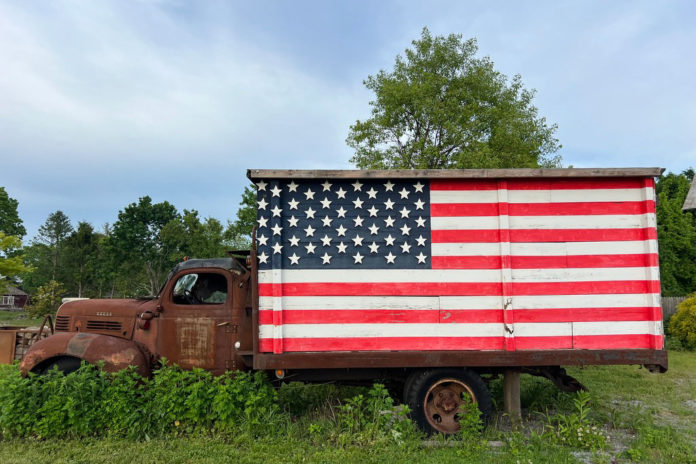
By Pierre Ratte
Memorial Day is set aside as the last Monday in May to honor all who served in military service, especially those who paid the ultimate sacrifice. Despite Memorial Day’s deep significance, it was not recognized as a national holiday until 1971. The complex and poignant story of its becoming a national holiday echoes through the canyons of American history from the Civil War to the present.
For many years, Memorial Day was celebrated as “Decoration Day.” It was conceived to honor deceased Civil War veterans. Graves in almost every city and hamlet were decorated to commemorate sacrifices in the war that tore our nation apart.
Decoration Day was first recognized at Arlington cemetery on May 30, 1868, with a speech by General James Garfield, later President Garfield, honoring 20,000 fallen soldiers. Arlington Cemetery holds both Northern and Southern soldiers. Despite this auspicious beginning for a national holiday, Decoration Day holidays were declared by individual states on a variety of dates.
After World War I, all the states unified around a common day to celebrate, which was May 30th. But it was still not a national holiday. Only when Congress passed the Uniform Monday Holiday Act, which recast Memorial Day’s celebration as the last Monday in May, effective May 1971, did Memorial Day become an official national holiday.
Fun facts: African Americans were responsible for the first Memorial Day parade. In 1865 after the war’s end, the first troops to enter Charleston—the city where the war started when Citadel cadets bombed Fort Sumter in April 1861—were from the 21st Infantry Regiment of U.S. Colored troops stationed on Hilton Head Island. They were accompanied by the famed 55th Massachusetts Infantry, also African American soldiers.
One of their first acts on entering the city was to give Union war dead, some 200 people who had been held prisoners at the city’s racetrack and buried in a mass grave, a proper burial. That first parade commemorated the “Martyrs of the Race Course.” Bands played, flowers were strewn and African American ministers recited verses from the Bible.
Though reported contemporaneously in the New York Tribune and Charleston Courier, this first Memorial Day celebration was suppressed and uncovered by accident when Yale professor David Blight rediscovered the information in 1996.









American young men and women aren’t too keen lately to “serve” in the US Military. Maybe because soldiers don’t “fall,” they die.